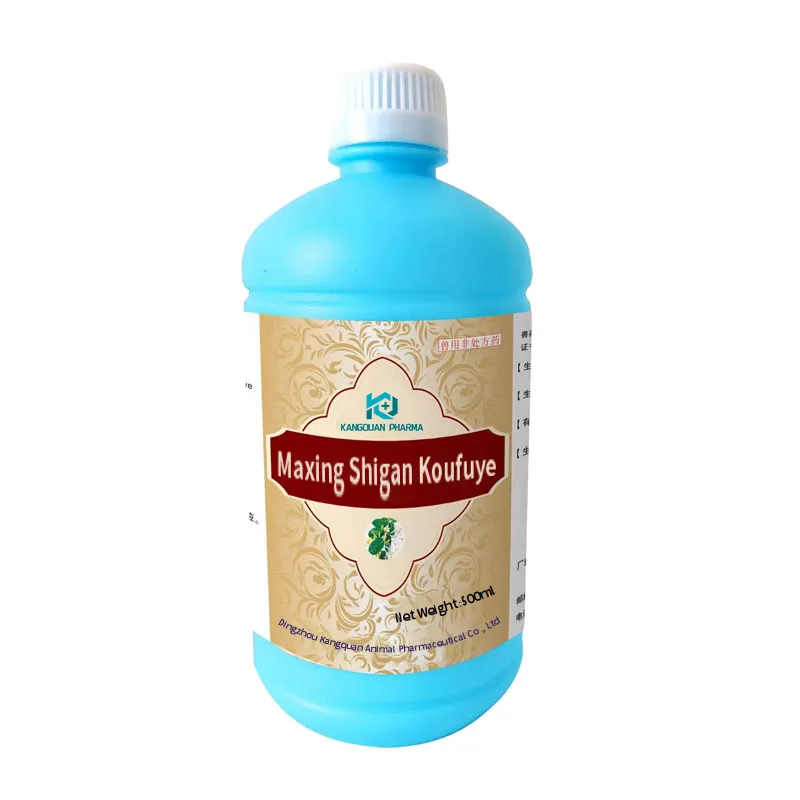- Afrikaans
- Albanian
- Amharic
- Arabic
- Armenian
- Azerbaijani
- Basque
- Belarusian
- Bengali
- Bosnian
- Bulgarian
- Catalan
- Cebuano
- Corsican
- Croatian
- Czech
- Danish
- Dutch
- English
- Esperanto
- Estonian
- Finnish
- French
- Frisian
- Galician
- Georgian
- German
- Greek
- Gujarati
- Haitian Creole
- hausa
- hawaiian
- Hebrew
- Hindi
- Miao
- Hungarian
- Icelandic
- igbo
- Indonesian
- irish
- Italian
- Japanese
- Javanese
- Kannada
- kazakh
- Khmer
- Rwandese
- Korean
- Kurdish
- Kyrgyz
- Lao
- Latin
- Latvian
- Lithuanian
- Luxembourgish
- Macedonian
- Malgashi
- Malay
- Malayalam
- Maltese
- Maori
- Marathi
- Mongolian
- Myanmar
- Nepali
- Norwegian
- Norwegian
- Occitan
- Pashto
- Persian
- Polish
- Portuguese
- Punjabi
- Romanian
- Russian
- Samoan
- Scottish Gaelic
- Serbian
- Sesotho
- Shona
- Sindhi
- Sinhala
- Slovak
- Slovenian
- Somali
- Spanish
- Sundanese
- Swahili
- Swedish
- Tagalog
- Tajik
- Tamil
- Tatar
- Telugu
- Thai
- Turkish
- Turkmen
- Ukrainian
- Urdu
- Uighur
- Uzbek
- Vietnamese
- Welsh
- Bantu
- Yiddish
- Yoruba
- Zulu
Dùbh . 01, 2024 13:38 Back to list
Ivermectin Injectable Solution for Cattle Treatment and Parasite Control Analysis
The Use of Ivermectin Injectable in Cattle A Comprehensive Overview
Ivermectin is a powerful antiparasitic agent that has been widely used in veterinary medicine, particularly in cattle. As an injectable formulation, ivermectin is particularly popular among livestock producers for its efficacy in controlling a broad spectrum of internal and external parasites. This article explores the key aspects of ivermectin injectable for cattle, including its mechanism of action, benefits, administration, and considerations for use.
Mechanism of Action
Ivermectin belongs to the class of medications known as macrocyclic lactones. Its primary mode of action involves binding to glutamate-gated chloride channels in the parasites' nerve and muscle cells. This binding increases the permeability of the cell membranes to chloride ions, leading to paralysis and death of the parasites. Ivermectin is effective against a variety of pests, including nematodes, lice, ticks, and mites, making it a versatile choice in cattle health management.
Benefits of Ivermectin Injectable
One of the primary advantages of using ivermectin injectable formulations is its broad-spectrum efficacy. This product helps in managing multiple parasitic infections with a single treatment, reducing the need for multiple medications. Additionally, the injectable form typically provides a faster onset of action compared to oral formulations, allowing for quicker relief from parasitic burdens.
Furthermore, ivermectin has a favorable safety profile when used appropriately. Cattle can tolerate the drug well, with a low incidence of adverse effects when dosed correctly. This makes it a reliable option for ranchers who require effective parasite management without compromising animal welfare.
Administration of Ivermectin Injectable
ivermectin injectable cattle

Ivermectin injectable solutions are usually administered subcutaneously (under the skin) or intramuscularly (into the muscle). The choice of administration route may depend on the specific veterinary recommendation and the health status of the cattle. It is crucial to follow the manufacturer's instructions and consult a veterinarian to determine the appropriate dosage, which typically varies based on the animal's weight and the type of parasites targeted.
Before administering ivermectin, it is important to conduct a thorough health assessment of the cattle. This assessment can help identify any existing health issues that might impact the drug's efficacy or safety. Moreover, assessing the severity of the parasitic infestation will also guide the decision on whether ivermectin is the most suitable treatment option.
Considerations for Use
While ivermectin is a highly effective antiparasitic agent, there are several considerations that cattle producers must keep in mind. One of the most significant concerns is the development of drug resistance. Parasites can develop resistance to ivermectin over time, particularly with repeated use. To mitigate this risk, it is essential to implement strategic deworming programs that rotate different classes of antiparasitic drugs and avoid over-reliance on a single agent.
Another important factor is the withdrawal time. Cattle treated with ivermectin must observe a specified withdrawal period before being sent to market for meat or milk production. This is crucial to ensure that drug residues are within acceptable limits, safeguarding consumer health and compliance with regulatory standards.
Lastly, the environmental impact of using ivermectin must also be considered. The compound can be excreted in manure and potentially affect non-target organisms in the ecosystem. Therefore, producers should be mindful of their application practices and adhere to best management guidelines to minimize environmental risks.
Conclusion
Ivermectin injectable has proven to be an invaluable tool in the management of parasitic infections in cattle. Its broad-spectrum efficacy, rapid action, and relative safety make it a preferred choice among veterinarians and livestock producers. However, responsible use is essential to avoid resistance development, ensure compliance with withdrawal times, and protect the environment. By understanding and implementing best practices, cattle producers can effectively harness the benefits of ivermectin injectable to enhance the health and productivity of their herds.
-
Guide to Oxytetracycline Injection
NewsMar.27,2025
-
Guide to Colistin Sulphate
NewsMar.27,2025
-
Gentamicin Sulfate: Uses, Price, And Key Information
NewsMar.27,2025
-
Enrofloxacin Injection: Uses, Price, And Supplier Information
NewsMar.27,2025
-
Dexamethasone Sodium Phosphate Injection: Uses, Price, And Key Information
NewsMar.27,2025
-
Albendazole Tablet: Uses, Dosage, Cost, And Key Information
NewsMar.27,2025













